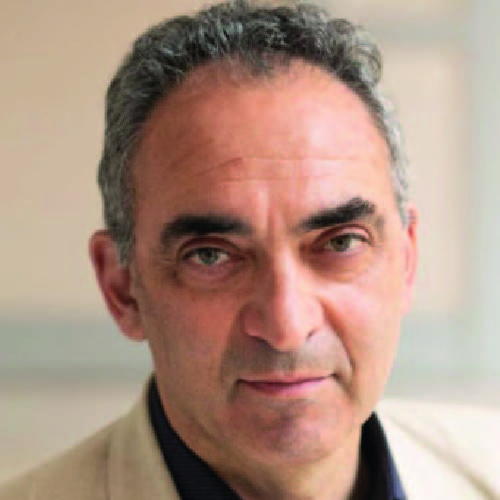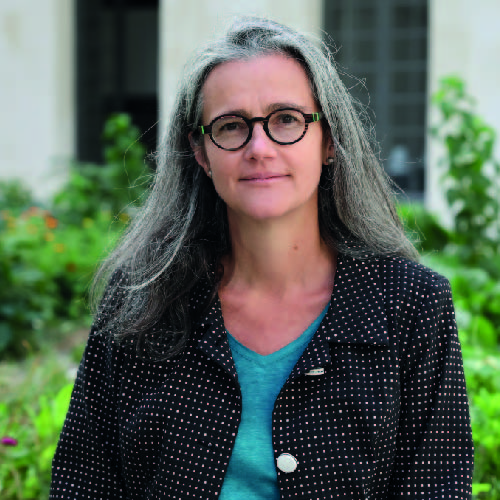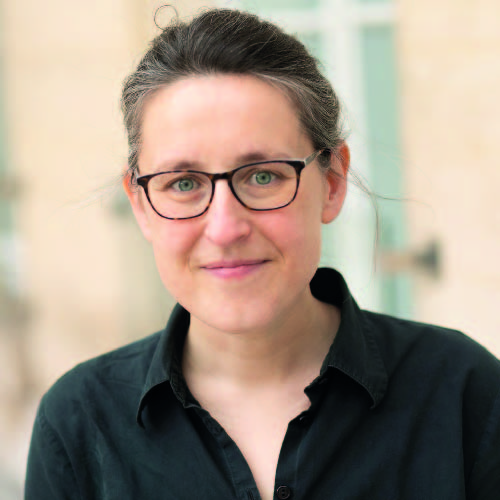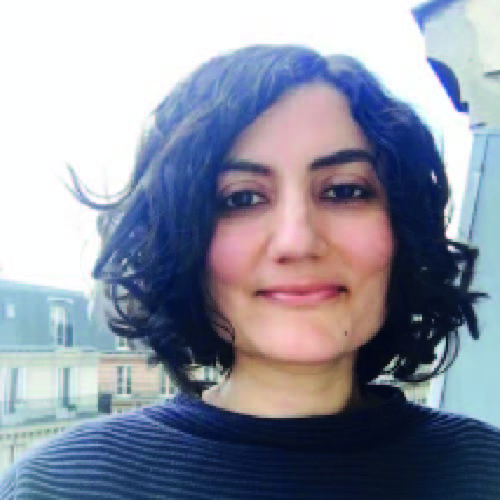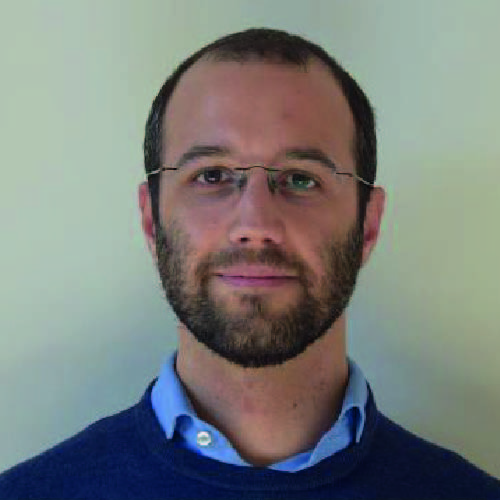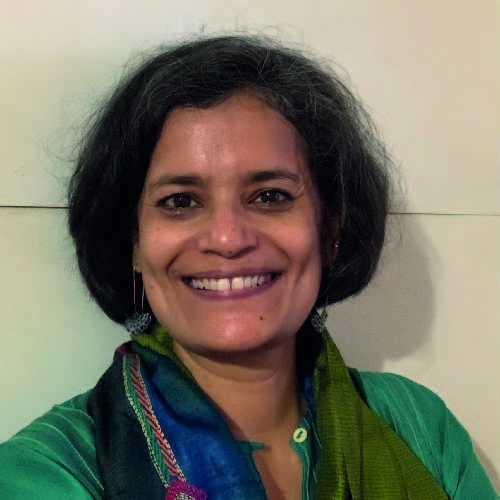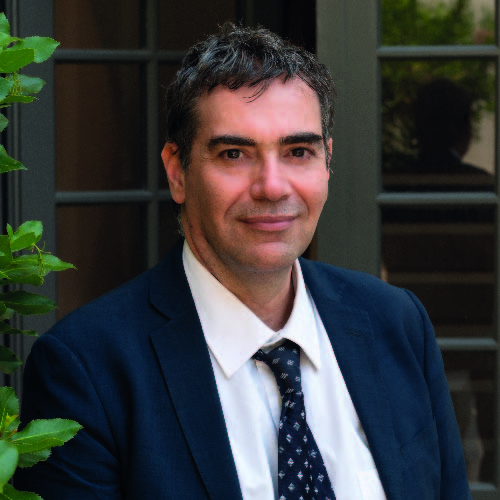AESOP 2024 ANNUAL CONGRESS | ROUNDTABLES
36th AESOP Annual Congress 2024 Paris, France
“GAME CHANGER? Planning for just and sustainable urban regions”
Reframing “Territory” with the help of Applied Ontology: a contribution to the foundations of planning theory
Organizers :
- Camilla Perrone, University of Florence
-
Stefano Borgo, CNR-ISTC (Istituto di Scienze e Tecnologie della Cognizione)
Speakers:
- Joe Ravetz, University of Manchester
- David Fanfani, University of Florence
- Stefano Moroni, Politecnico di Milano
- Simon Scheider, Utrecht University
The notion of territory has been central in planning over the past decades. It has been studied according to different perspectives and approaches and consolidated into several streams of literature. Notwithstanding this variety, it is recognised that today, the planning community is still trying to develop satisfactory approaches to face global challenges like the broad processes of climate change, energy transition, circular economy, etc. This RT proposes to put at the centre the notion of interaction to reframe the notion of territory as well as the understanding of the global challenges in order to find a common “language” to describe both, taking into consideration the complexity of their structure and dynamics. The language here is meant a terminology and its interpretation which is strong enough to describe the entities (starting from territories and processes) one is interested in. Interaction can play this pivotal role because it is behind the understanding of these entities and allows a unified reading of such complex entities and processes. This role is made evident by the application of recent methodologies introduced in the area of applied ontology. Indeed, such methodologies are functional to the construction of coherent classifications and to develop a systematic view of complex entities and processes while remaining open to the multiple views that different agents and actors may assume. Given the above general perspective, the RT aims to investigate how this approach (based on interaction and applied ontology) can be carried out to capitalise on the acquired expertise on territorial planning to address today’s global challenges more successfully. In particular, the RTstarts from the following questions:
- How do we understand territory from the point of view of interaction?
- What kinds of interactions happen in the territory?
- How do these interactions persist in time?
- Which interactions can human/non-human, natural/artificial agents start and affect in the production of a territory?
- How can one understand global processes in terms of territorial interactions
Ideally, the RT will shed some light on the core question for future planning theory: how can territorial planning identify and possibly develop suitable approaches and methodologies for innovative solutions to global challenges?
Depending on the interest and results of the discussion, the organisers plan a special issue in a suitable journal open to interdisciplinary approaches and dialogue.
LOC
The Local Organising Committee
